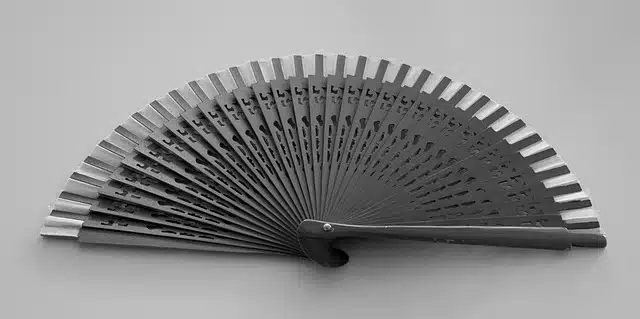
The idea of ilk is associated with the condition or nature of someone or something.
The first meaning of the term ilk mentioned by the Royal Spanish Academy ( RAE ) in its dictionary refers to an appearance , a pattern or a model . The concept is usually used to refer to the nature or condition of something or someone.
For example: “I can't understand how you opened the door of your house to a person of such low character” , “A criminal of his kind should not be free” , “We have been victims of an act of the worst kind” .
Negative connotation of the ilk
Generally the idea of ilk is used in a derogatory way. If someone mentions a subject “of that ilk” , to cite one possibility, they will be pointing to a negative condition of the person in question. The very use of the notion of ilk generates that impression on the interlocutor.
A reporter who reports on police issues, for his part, may speak of a murderer of the “worst kind.” In this case the journalist tries to convey that the individual is not only a murderer, something that is already condemnable, but that he is also among the most despicable of his class . This may be due to his cruelty, the type of people he chooses as victims, or another factor.
The expression "low ilk" , for its part, emphasizes that which, symbolically, has no stature or level. If it is indicated that a criminal is of "low character" , it refers to the fact that he is a small-time thief .
Different considerations
As mentioned in a previous paragraph, the idea of ilk is not always negative, although in everyday speech people often use it with this intention . Something similar happens with concepts such as fortune and luck , which depending on the tendency of each speaker can lean towards the positive or negative pole, although there is good and bad luck, good and bad fortune.
The origin of the word calaña is found in Latin, where it referred to quality , another noun that does not inherently have a value: by itself it does not provide us with information that helps us make a measurement, but to do so we need of an adjective like "good" or "bad."
In other words, if someone tells us "you are a very good person" we should feel flattered and not at all worried by the presence of this term. Of course, this will not happen in this era, in the context of casual conversation.

The Calañas fans became very famous.
The municipality of Calañas
Calañas , on the other hand, is a municipality in the Spanish province of Huelva , in the Autonomous Community of Andalusia , which has just over 4,000 inhabitants .
Perhaps the most interesting and least common meaning of this term is found in the expression abanico de Calañas , which is usually completed with "the paper falls off and the reeds remain" , alluding to its poor quality. Another common expression in certain parts of Spain is "Calañés fan, it costs two quarters or three." Although we can find the occasional mention of this use of the word ilk in dictionaries, the history behind it takes us back a couple of centuries.
Currently, there is little data on the once-famous Calañas fans , since according to some elderly people, there was a fan factory in the municipality of the same name in the 19th century , and they differed from the alternatives on the market because they were the simplest of all : their rods were canes cut into a rectangular shape, all of equal length and thickness, they had no decorations or painted motifs and paper was used as material from their country (strip that covers the rod, which is usually made of fabric or skin).
